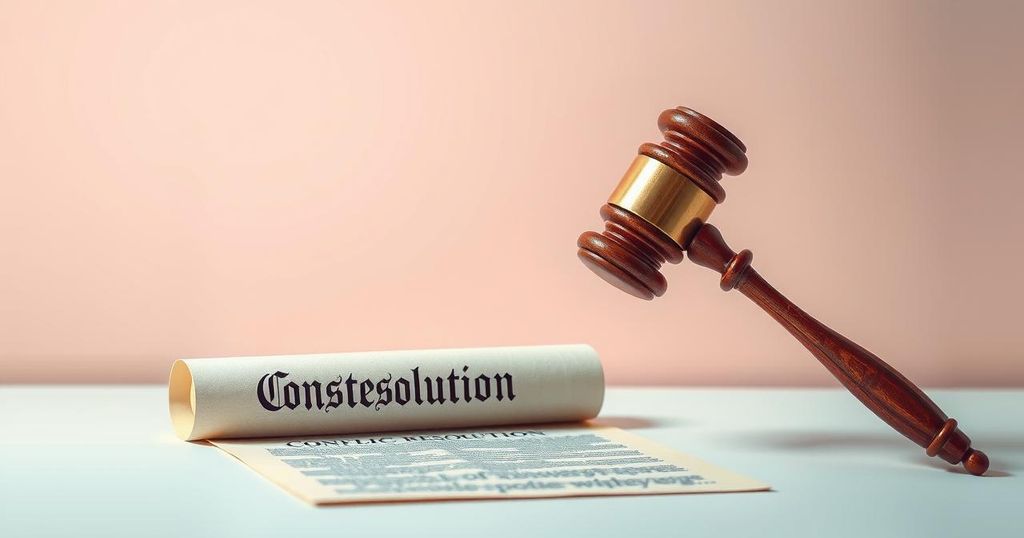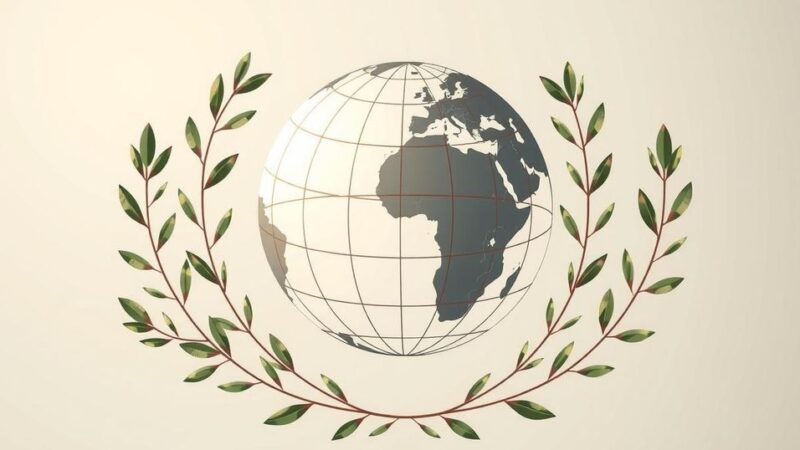Togo’s 2024 constitutional reform has converted the government structure from a presidential to a parliamentary system, allowing lawmakers to elect the head of state. This shift has prompted substantial backlash from opposition leaders and civil society, who accuse the government of undermining democratic principles and staging a constitutional coup, while the ruling party positions the changes as enhancements to participatory governance.
Togo’s 2024 constitutional reform has ignited significant political controversy, transitioning the government’s structure from a presidential to a parliamentary system. In this new framework, lawmakers will elect the head of state instead of the general populace, raising alarms regarding democratic integrity and potential authoritarianism. The reform has drawn intense criticism from various political figures and civil society groups, who perceive it as a covert attempt to undermine democracy, labeling it a “constitutional coup.”
Jean-Pierre Fabre, President of the National Alliance for Change (ANC), has vocally opposed the reform, asserting it violates key constitutional provisions, particularly Articles 52 and 59. He stated, “Enough is enough, it’s over. We’re going to fight. Everyone knows that they violated Articles 52 and 59 (of the constitution).” Similarly, David Dosseh, a spokesperson for the Front Citoyen Togo Debout (FCTD), condemned the changes as a sham and declared, “Today, there’s a constitutional coup d’état taking place with impunity in Togo. But this time, we’re not going to accept it.”
Brigitte Kafui Adjamagbo-Johnson, a prominent member of the ‘Don’t Touch My Constitution!’ movement and coordinator of the Democratic Opposition Coalition (DMP), also rejected the legitimacy of the reform, indicating persistent resistance with a pointed remark: “We do not recognise this constitution. However, if they insist and present it to us, our response is very simple.”
In contrast, representatives from the ruling Union for the Republic (UNIR) party have defended the reforms, arguing that they represent a significant stride towards enhanced democratic participation. Kouméalo Anaté, a UNIR lawmaker, explained, “Togo has just opened a new page in its march towards a country that is, shall we say, an even more inclusive and participatory democracy.”
Moreover, Sénou Soklingbé, Vice President of the UNIR parliamentary group, addressed concerns regarding the potential extension of presidential power, asserting that the National Assembly’s majority will determine the new President of the Council.
The ongoing debate over Togo’s constitutional reform of 2024 has sparked considerable dissent among opposition leaders and civil groups who believe the changes threaten democratic practices. The ruling party contends that the reform promotes a more inclusive governance model. The validity and long-term implications of this reform continue to be fiercely contested within Togo’s political landscape.
Original Source: globalsouthworld.com






